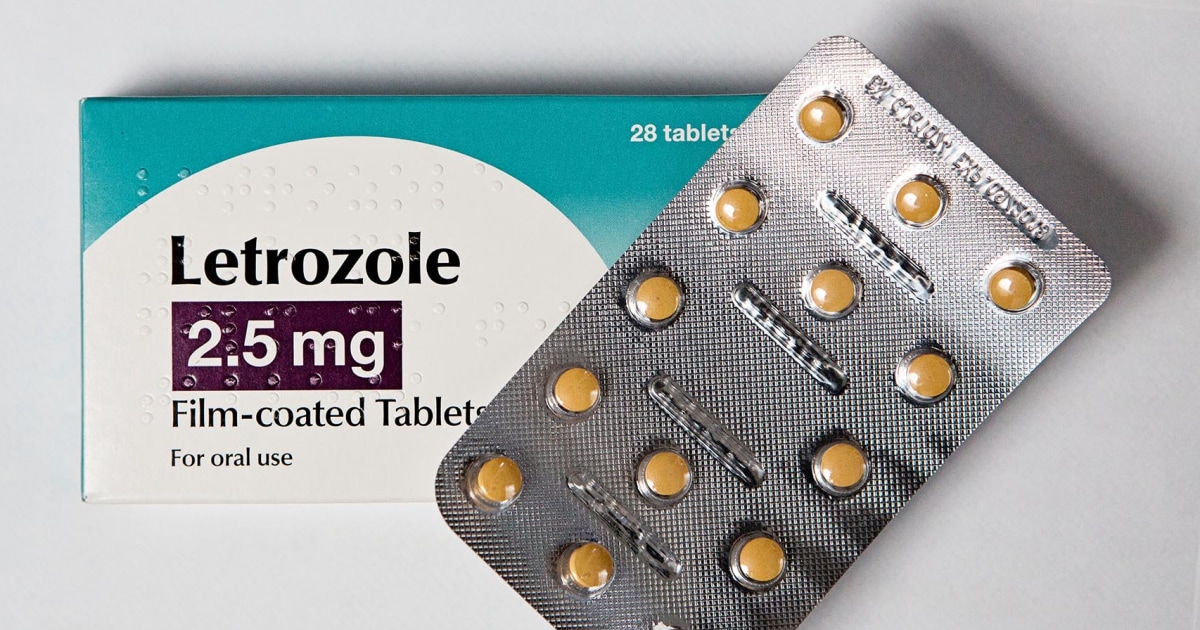T4K3.news
Link between ultra processed foods and lung cancer risk identified
New research reveals high consumption of processed foods increases lung cancer risk, even in non-smokers.

Recent research highlights the connection between ultra processed foods and lung cancer in non-smokers.
High consumption of ultra processed foods linked to lung cancer risk
A new study has linked high levels of ultra processed foods to an increased risk of lung cancer, even among non-smokers. This research followed over 100,000 US adults for nearly 12 years, identifying 1,706 cases of lung cancer. Findings revealed that those consuming the most ultra processed foods were 41 percent more likely to develop the disease. The average intake was three servings per day, with frequent consumption of items like soft drinks and lunch meats. The study's authors caution that, while their indications are strong, results should be interpreted carefully as they did not adjust for smoking intensity when analyzing data.
Key Takeaways
"These findings suggest the healthy benefits of limiting ultra processed foods."
The researchers emphasize the importance of a healthier diet to reduce cancer risk.
"Given the dearth of information on non-smoking related risk factors, it is important that the scientific community conducts more studies like this."
Professor Sam Hare calls for further research into dietary factors affecting lung cancer.
This research underscores an emerging conversation about diet's impact on cancer risk, particularly in non-smokers. While the link between ultra processed foods and health issues is not new, this study highlights a pressing need for further investigation into dietary factors underlying cancer incidence. Experts like Professor Sam Hare emphasize that as lifestyles and diets evolve, ongoing research will be crucial to understanding such complex health dynamics. Given the significant number of lung cancer cases in non-smokers, understanding dietary risks could shape future public health initiatives and dietary guidelines.
Highlights
- High ultra processed food intake has serious health implications.
- One in four lung cancer cases occur in non-smokers, highlighting a dietary concern.
- This study underlines the need for more research into diet and cancer risk.
- Cutting down on processed foods could reduce lung cancer incidence.
Potential dietary risks in lung cancer study
The findings raise concerns over the health implications of high ultra processed food consumption, particularly among non-smokers. This could lead to public backlash regarding dietary habits and health initiatives.
Continued research is vital for clear dietary guidelines on reducing lung cancer risk.
Enjoyed this? Let your friends know!
Related News

Increased junk food consumption raises lung cancer risk

Foods Linked to Worsening Inflammation Identified

Awareness raised about silent liver disease

Harvard gastroenterologist reveals foods to avoid

Emerging research links cancer drugs to Alzheimer’s treatment

New studies link fibre to reduced cancer risks

New study reveals junk food impact on children's health

Health experts encourage plant-based meat alternatives
